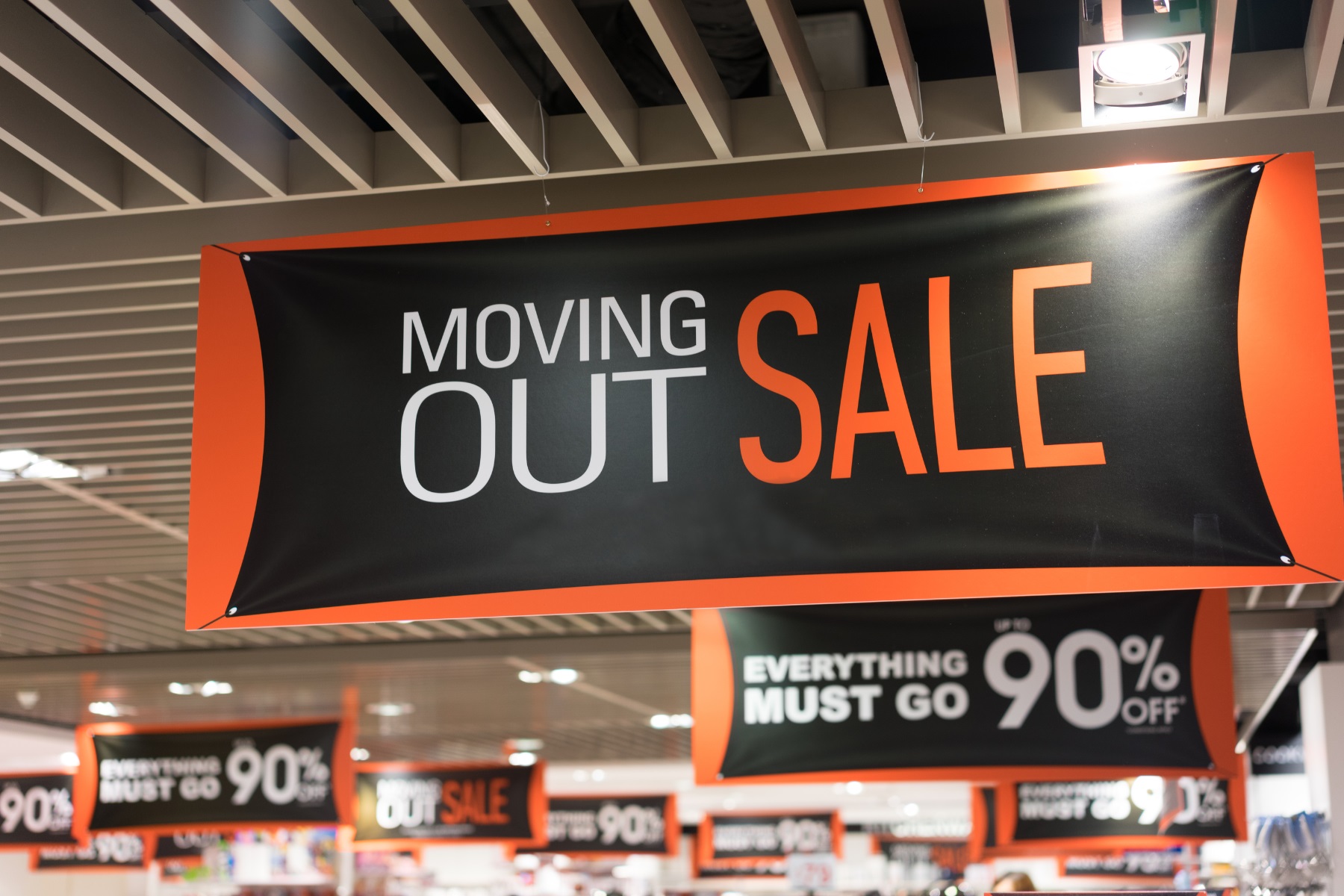Make sure that you refer to your lease before doing any make good works. If you are unclear about information in your lease, call our free business advisory service for guidance from one of our commercial tenancy advisers.
There can often be confusion and disputes when you’re exiting a commercial lease and need to meet a number of ‘make good’ obligations.
The make good clause in your lease will outline the condition the building must be in when the lease comes to an end.
Here is a summary of the top make good obligations that most often lead to a dispute, and some actions you can take to keep things sailing smoothly.
Tip
Returning the premises to an ‘as is’ basis
It’s quite common for tenants to make improvements to what was in place during the course of their lease.
Your lease may state that you have to return the property to the state it was in prior to you accessing and fitting out the premises. If you have completed any work in the tenancy (ie. installed partitions, false ceiling, or floor coverings) it’s best to talk to your landlord first and clarify what, if anything, they want to keep in place.
In the absence of any agreement, the premises must be returned to the state which is specified in the lease. A landlord may be happy to accept the premises back with the modifications you have made, which will save you time and money. It is, however, best practice to get this confirmed in writing so you have a record of this agreement that you can refer to in the future, if needed.
By reviewing your lease, you will be able to determine any fixtures and fittings that are owned by the landlord, and will help you work out what you can take with you and what remains the landlord’s property at the end of the lease.
Tip
When seeking confirmation from the landlord, it’s best to provide a date for response in your request. For example: ‘Please confirm by
When should make good work take place?
It is best to do them during the term of the lease. If you are carrying out works when the lease has ended, this can lead to disputes over when the lease technically ended, as you are still in the tenancy and delaying the landlord from renting to other tenants. The landlord could, in this situation, charge additional rent and outgoings in addition to making good the premises themselves at your cost.
Who is responsible for building damage and repairs?
Like most things when it comes to renting, it’s best to refer to your lease. It’s quite common for make good terms to require you to paint the walls, regardless of the state they were in when you entered the lease.
There may have been building damage before you entered into the lease, so refer to any property inspection reports and photos you have to use as evidence of any pre-existing issues that you do not believe you are responsible to repair or replace.
Resolving structural or fair wear and tear issues
Tenants are generally not responsible for structural repairs or damage through fair wear and tear. Each lease can vary so it is important to refer to your lease.
What is considered structural damage or fair wear and tear can often become a cause for dispute. In this situation, our dispute resolution service or commercial tenancy advisers may be able to assist.
If you are unable to come to an agreement with your landlord contact one of our commercial tenancy advisers on 133 140 for free guidance.
Approval for trades to work on site
This is specific to businesses located in shopping centres. If you will have trades entering your tenancy, centre management might have a policy that requires you to get their permission and/or need to complete occupational health and safety paperwork before your tradies can come on site.
Getting your bond or bank guarantee back
When you’re approaching the end of your lease, contact the landlord or renting agent to schedule an agreed deadline for a final property inspection to take place and commitment for the return of the bond.
Check your lease to see if the final sign off on make good works lies with the agent or the landlord, and ensure you have sign off in writing from the required party.
An area where business owners can often get stuck is tenants saying they received sign off from the agent, however the landlord believes that the requirements of the lease have not been met. While this dispute is taking place, you’ll be unlikely to have your bond or bank guarantee returned, so be sure to get sign off in writing from the appropriate party.
If you’re in dispute over the return of a bond or bank guarantee, you can contact our free dispute resolution service for help.
In summary
When it comes to leasing, we recommend that you:
- Refer to the lease
- Be proactive
- Communicate regularly (and keep records in writing)
The SBDC’s commercial tenancy advisers and dispute resolution service are always available to provide free assistance if you’re having issues communicating with your landlord or finalising disputes related to your lease. You can access both services by calling 133 140.
More information
- Read our tips for resolving leasing problems
- Download our Leasing business premises: A commercial and practical guide
- Find out more about our free business advisory and dispute resolution services.




